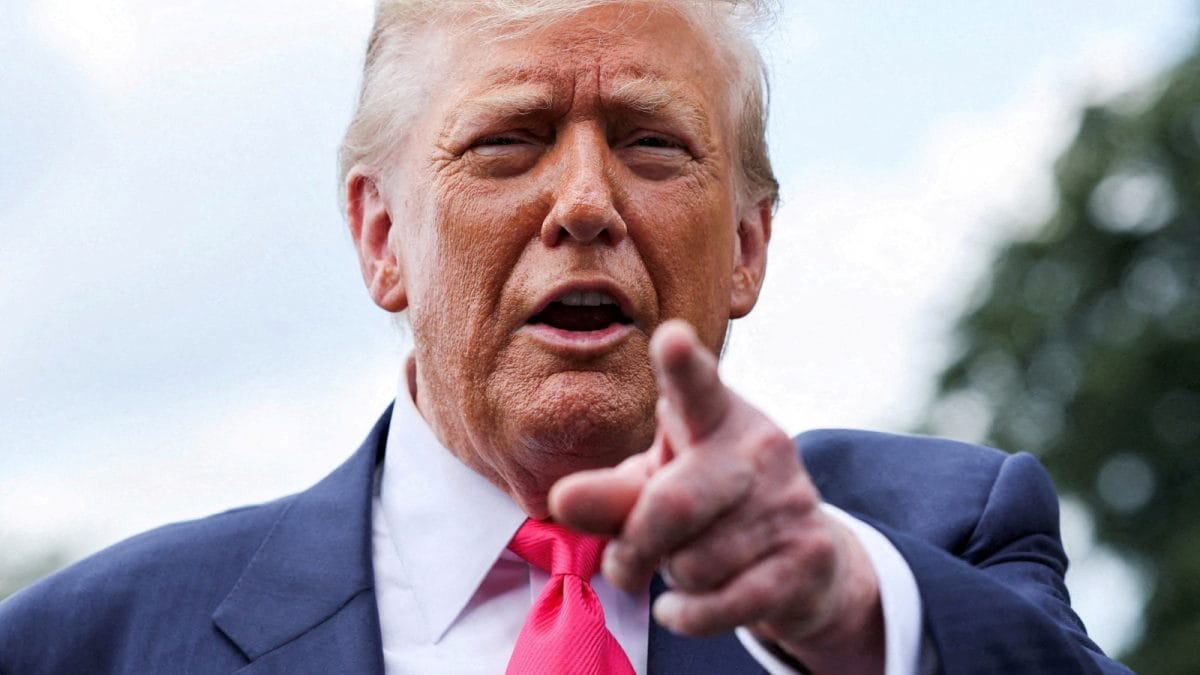ARTICLE AD BOX
Addressing arguments challenging the legality of the CJI's role, the bench noted: "If there is material to believe there is misconduct, the CJI can inform the President and PM."

(From left to right) Justice Dipankar Datta, Justice AG Masih, Justice Yashwant Varma, Senior Advocate Kapil Sibal.
The Supreme Court on Wednesday reserved its order on the petition filed by Justice Yashwant Varma, who had challenged the findings of an internal inquiry committee and questioned the legality of the in-house procedure followed against him. His petition also raised objections to the Chief Justice of India’s recommendation to the President and Prime Minister regarding his removal in the cash-haul case.
SC Defends CJI's Role & Existing Mechanism
Throughout the hearing, the bench subjected the judge’s legal team to sharp scrutiny, questioning the timing, strategy, and delayed challenge to a mechanism that has been in place for decades.
Making its position clear, the Supreme Court remarked: “In-house procedure has been put into place by judgments, it is the law of the land.” Stressing on the binding nature of judicial precedents, the court added: “You have to accept previous rulings unless you come in review.”
Addressing arguments challenging the legality of the CJI’s role, the court firmly defended the Chief Justice’s powers: “The CJI is not a post office. He has responsibility to the citizens as head of the judiciary.” Further, the bench noted: “If there is material to believe there is misconduct, the CJI can inform the President, PM.”
On whether a law could empower the Centre to remove a judge, the court clarified: “If, under a law, the Centre was empowered to remove a judge, they can, but there is no law. If a law is made, it will have to be tested.”
Court Flags Delay, Reinforces Institutional Procedure
In response to Senior Advocate Kapil Sibal’s submission that it had now become a political process and Justice Varma had already been prejudiced, the court remained unmoved, stating: “The Committee’s report is only preliminary. It cannot affect future proceedings. If it does, you will have to come at the appropriate time and against the appropriate parties not against SC.”
The court repeatedly flagged the timing of the challenge. “Why didn’t you come earlier if procedure was unconstitutional?” the bench asked. Referring to the public release by the Supreme Court of the tapes involving Justice Varma, it said: “According to you, you were condemned in public when the tapes were released on the website. You should have come then.”
The court, however, did indicate that it was in agreement with Justice Varma’s counsel on the issue of tape release timing—“We will be with you on timing on this part, it should not have been done.”
Court Questions Justice Varma’s Conduct
It further remarked: “You could have got some observations from the court then, whatever observations you are seeking now.” Questioning the judge’s conduct, the court added: “Your conduct says a lot, you could have come earlier. It is possible you wanted to have a favourable finding.”
Observing that the conduct of a person who is invoking Article 32 is also important, the court pointedly asked: “Why did you appear? You knew what it could have led to.”
The bench emphasised that the in-house procedure had stood the test of time: “It has been in place for the last 30 years. All judges take an oath; all judges know how their conduct will be regulated. This is the law, you are bound by it, you took an oath.”
During the hearing, the bench also drew a distinction between initiating removal proceedings and the act of removal itself. “Initiating action for removal and removing him are different things. The CJI, being bound by the in-house procedure, has done exactly that,” the court observed.
Final Observations Before Order Reserved
Addressing the constitutional challenge raised in the plea, the bench said, “You are saying it’s unconstitutional to a certain extent — that is for us to decide.” At this stage, Senior Advocate Kapil Sibal interjected, saying, “I’m getting a sense of how the court is inclined to decide”
Responding to the concern, Justice Dutta remarked, “I asked you this last time — if a well-meaning citizen approaches the Lok Sabha and asks why no action is being taken, it is seen as political. But we have no jurisdiction there.” Emphasising institutional responsibility, he added, “As far as the judiciary is concerned, it must send a clear message to society — that whatever the procedure was, it was duly followed.”
With the order now reserved, all eyes remain on whether the court will offer any relief — or simply reaffirm the authority of existing judicial procedure.
- Ends
Published By:
ramesh sharma
Published On:
Jul 30, 2025
Tune In



.png)
.png)
.png)
















 20 hours ago
7
20 hours ago
7









 English (US) ·
English (US) ·